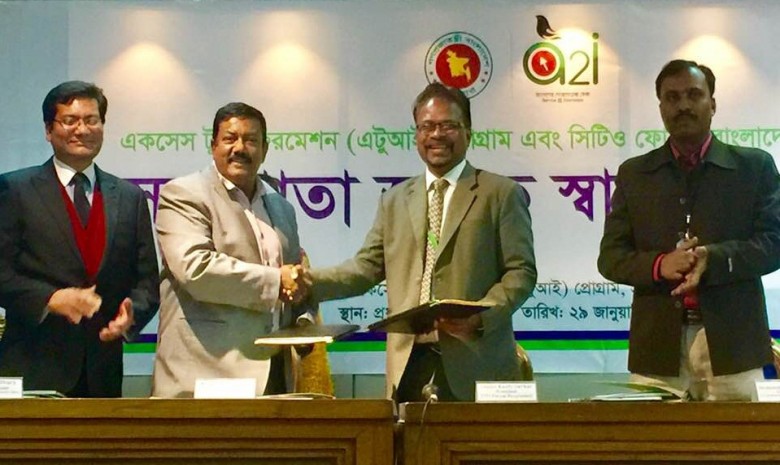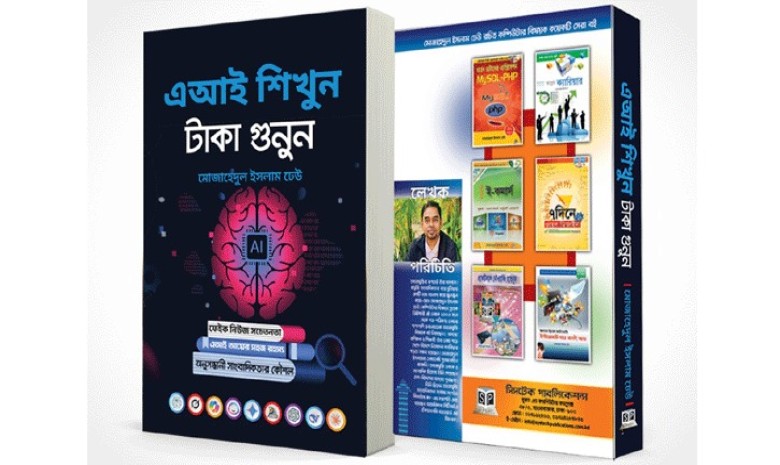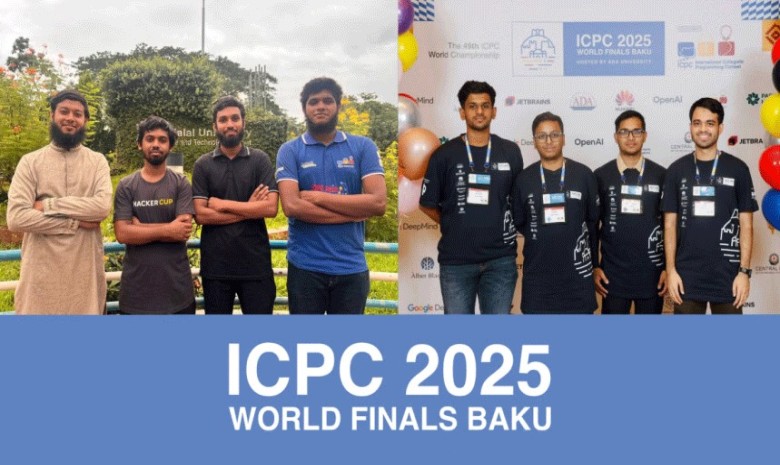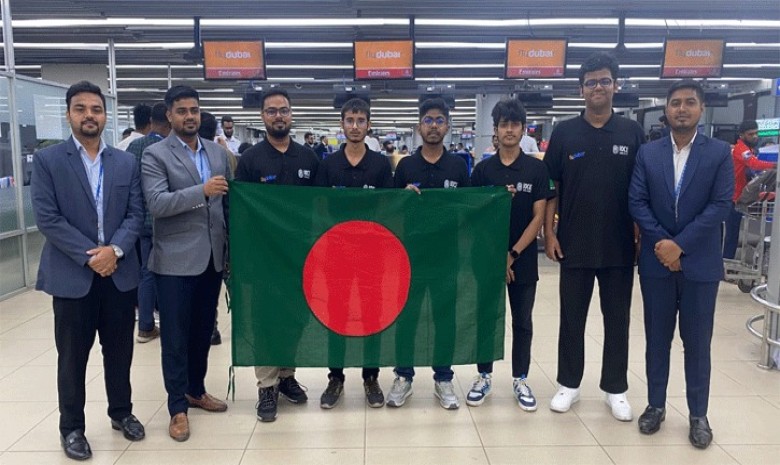The British Council launched its third; Next Generation Bangladesh 2024; research series on Wednesday, 06 November 2024 at the British Councils Fuller Road auditorium. This is the third iteration of the Next Generation research series, where the first two reports were launched in 2010 and 2015 respectively.
Around 120 distinguished professionals from government, private sector, INGO and NGOs, media and young people attended the high-profile event. The Next Generation Bangladesh; report, an insightful research initiative by the British Council, explores the aspirations, challenges, and perspectives of young Bangladeshis. The findings aim to provide an insight of young peoples perceptions, aspirations, and challenges which will be instrumental in shaping policies aligned with the countrys development goals.
Helen Silvester, Regional Director, SA, British Council, inaugurated the event with her welcome remarks. She said, ‘We are proud to launch the Next Generation Bangladesh Report 2024 today, which underscores the transformative potential of youth as drivers of progress. At the British Council, we are committed to translating this vision into action through strengthened partnerships across government, private sector, and civil society, addressing critical areas like education, skills, economic inclusion, and civic engagement.’
Aibek Iliasov, Senior Director of Research, Evaluation and Learning, M C Saatchi World Services, presented the Next Generation Bangladesh 2024s overview and findings during the event. A total of 3,081 people aged between 18-35 from diverse backgrounds were interviewed. Based on the respondents; opinions, the report has come up with critical insights, for example, nearly half of participants (46%) reported facing gender discrimination, with domestic violence particularly affecting women. While young people share a strong sense of national pride, optimism for Bangladeshs future has fallen from 60% in 2015 to 51% in 2024. 42% of young people reported unemployment was their most pressing concern, and 55% expressed interest in international migration, particularly to Saudi Arabia (27%) and Canada (18%). Lack of job opportunities has fostered an appetite for entrepreneurialism where over four in ten (44%) young Bangladeshis are interested in starting a business in the next five years. Findings also reveal that 58% of youth need more trust in the political system, and only 17% engage in community decision-making, underscoring a gap in civic leadership.
Sarah Cooke, British High Commissioner to Bangladesh, was the special guest of the event. She said, ‘Youth development is a priority for the UK Government in Bangladesh, so I am delighted to attend the launch of the Next Generation Bangladesh Report. This report amplifies youth voices and highlights our collective responsibility to empower the next generation. Because the decisions made today- through policies, programmes, and partnerships - will shape how successfully the next generation can fulfil its potential and carry Bangladesh towards a prosperous future.’
Lamiya Morshed, Chief Coordinator, SDG Affairs, Chief Advisors Office, graced the occasion as the chief guest. She said, ‘The Next Generation Bangladesh report is more than just an analysis. We are committed to supporting, amplifying your voices, and collaborating with you, empowering you to shape a Bangladesh that embodies the dreams and aspirations of all its people.’
Christine Wilson, Director, Research & Insights, Cultural Engagement, British Council, conducted a panel discussion on; Skills for the future;, which was participated by Joya Chowdhury, Programme Coordinator (Education), ADB; Syed Rashed Al Zayed Josh, Senior Economist, World Bank; Shuvra Roy, Director (Certification), National Skills Development Authority (NSDA); and Syeda Afzalun Nessa, Head of Sustainability, HSBC Bangladesh.
The report included actionable recommendations to harness the potential of the youth. These include enhancing vocational training and education to bridge the skills gap, creating employment opportunities, improving access to quality healthcare services, fostering greater
youth involvement in governance, promoting gender equality and addressing social disparities. The British Council will host a series of events over time to share the findings and recommendations with key stakeholders.
Total views: 794



























